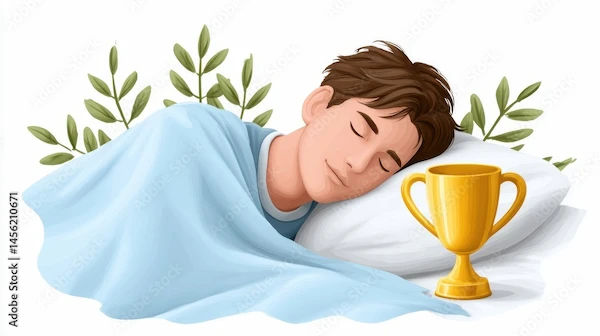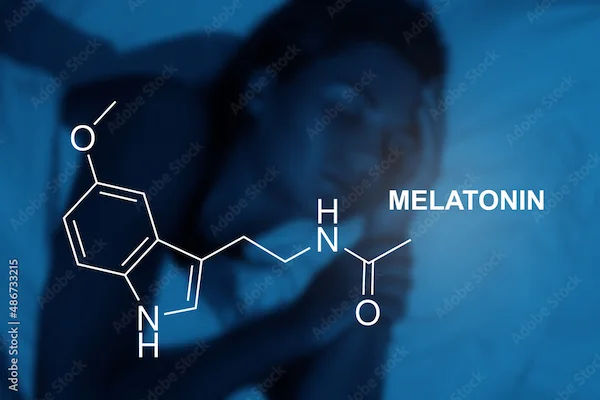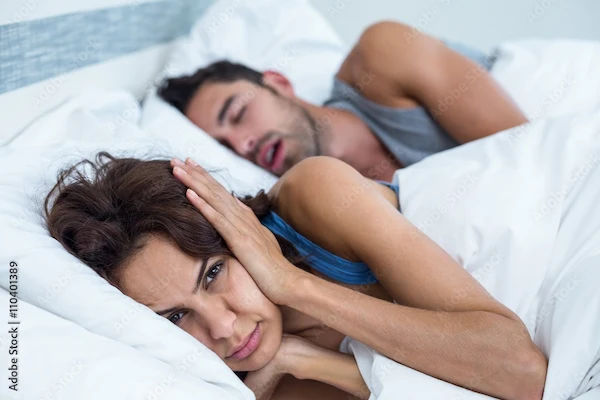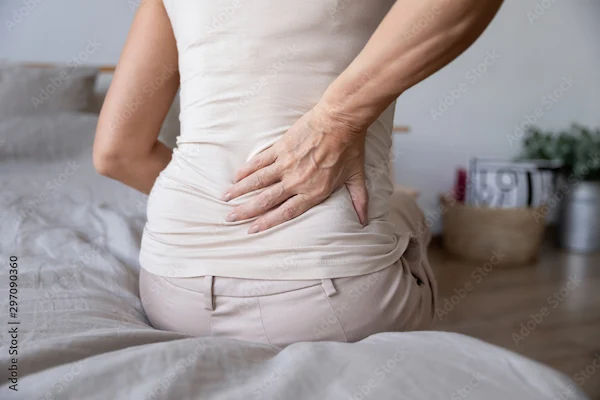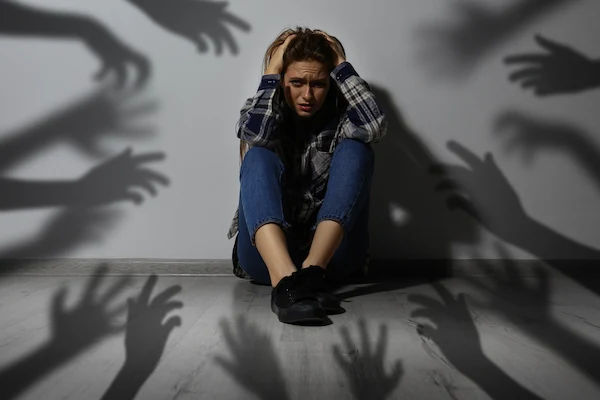Understanding The Different Types Of Sleep Disorders
Explore the various types of sleep disorders, their causes, symptoms, and treatment options. Learn how to identify and manage sleep disorders for better overall health.

Written by Dr.Sonia Bhatt
Last updated on 3rd Jul, 2025
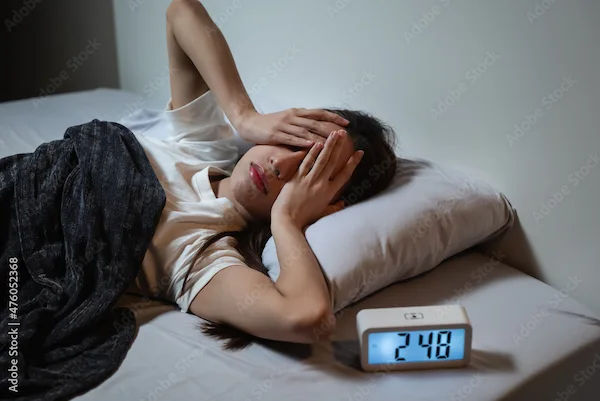
Introduction
Sleep is a fundamental aspect of our lives, essential for physical health, mental well-being, and overall quality of life. However, millions of people worldwide struggle with sleep disorders that disrupt their ability to get restorative sleep, ultimately affecting their quality of life. In fact, sleep disorders are linked to a range of serious health issues, including heart disease, diabetes, and mental health problems like depression and anxiety.
If you have trouble sleeping or notice that your sleep is frequently disturbed, it could be due to one of the many sleep disorders. Understanding these conditions and recognising their symptoms is the first step in addressing them. This comprehensive guide will walk you through the most common types of sleep disorders, their symptoms, causes, and treatments, as well as tips to improve your sleep quality.
What are Sleep Disorders?
Sleep disorders are conditions that disturb your normal sleep patterns, affecting your ability to get restful sleep and impacting your overall health and well-being. These disorders can result in poor sleep quality, excessive daytime sleepiness, or both. There are over 80 different types of sleep disorders, each with its own set of symptoms, causes, and treatments. They can affect people of all ages and often go undiagnosed, which is why it’s essential to know the signs and seek help if necessary. Here, we'll explore some of the most common sleep disorders and provide an overview of their characteristics.
1. Insomnia
Insomnia is one of the most common sleep disorders, characterised by difficulty falling asleep, staying asleep, or waking up too early and being unable to go back to sleep. People with insomnia often feel unrefreshed upon waking despite spending adequate time in bed.
Symptoms of Insomnia
Difficulty falling asleep at night
Waking up frequently during the night
Waking up too early and being unable to fall back asleep
Feeling tired or irritable during the day
Causes of Insomnia
Stress and anxiety: Worrying about daily problems or big life events can keep the mind racing at night.
Depression: A common underlying cause of insomnia, especially with feelings of sadness and hopelessness.
Medications and substances: Certain medications, caffeine, and alcohol can interfere with the ability to fall asleep.
Poor sleep habits: Irregular sleep schedules, excessive screen time before bed, and a disruptive sleep environment can all contribute.
Treatment for Insomnia
Cognitive Behavioral Therapy for Insomnia (CBT-I): A proven approach that helps individuals address the thoughts and behaviours that prevent sleep.
Sleep hygiene: Creating a relaxing bedtime routine, establishing a consistent sleep schedule, and minimising stimulants (like caffeine) before bed.
Relaxation techniques: Meditation, breathing exercises, and progressive muscle relaxation can help reduce anxiety and promote better sleep.
Short-term use of sleep aids: In some cases, medication may be prescribed, but this is typically for short-term use.
2. Sleep Apnea
Sleep apnea is a serious sleep disorder in which a person’s breathing stops and starts repeatedly during sleep. The most common form is obstructive sleep apnea (OSA), where the airway becomes partially or completely blocked. Central sleep apnea, though less common, occurs when the brain fails to send the proper signals to the muscles that control breathing.
Symptoms of Sleep Apnea
Loud snoring and gasping for air during sleep
Frequent waking episodes throughout the night
Feeling excessively tired or fatigued during the day
Difficulty concentrating and irritability
Causes of Sleep Apnea
Obesity: Excess weight can cause fat to accumulate around the neck, obstructing the airway.
Anatomical factors: Structural issues such as enlarged tonsils or a deviated septum can cause blockages in the airway.
Aging: Sleep apnea is more common in older adults, especially those with muscle tone loss in the throat area.
Alcohol and sedatives: These substances relax throat muscles, increasing the risk of airway collapse.
Treatment for Sleep Apnea
CPAP therapy: The most common treatment involves wearing a continuous positive airway pressure (CPAP) machine, which helps keep the airway open.
Lifestyle changes: Weight loss, reducing alcohol consumption, and sleeping on your side can help reduce sleep apnea symptoms.
Surgery: In severe cases, surgery may be necessary to remove excess tissue or reposition the jaw.
Oral appliances: Dental devices that reposition the jaw may be used for mild cases of sleep apnea.
3. Restless Legs Syndrome (RLS)
Restless Legs Syndrome (RLS) is a condition that causes uncomfortable sensations in the legs, accompanied by an uncontrollable urge to move them. Symptoms often worsen in the evening and at night, making it difficult to relax and fall asleep.
Symptoms of RLS
Tingling, itching, or crawling sensations in the legs, particularly when lying down
A strong urge to move the legs, often relieved by walking or massaging
Discomfort during the evening or while trying to sleep
Causes of RLS
Genetics: RLS often runs in families, suggesting a hereditary link.
Iron deficiency: Low iron levels in the brain can contribute to RLS symptoms.
Chronic conditions: Disorders such as diabetes, kidney failure, and Parkinson’s disease are linked to RLS.
Treatment for RLS
Iron supplements: If iron deficiency is a factor, supplementation may be helpful.
Medications: Dopamine agonists, anticonvulsants, or opioids are sometimes prescribed for severe cases.
Lifestyle modifications: Regular exercise, stretching, and avoiding caffeine can help manage symptoms.
4. Narcolepsy
Narcolepsy is a neurological disorder that causes excessive daytime sleepiness and sudden sleep attacks. It can disrupt a person’s daily activities, as individuals may fall asleep unexpectedly at inappropriate times, such as while eating, talking, or even driving.
Symptoms of Narcolepsy
Extreme daytime sleepiness and the urge to nap during the day
Sudden loss of muscle tone (cataplexy) triggered by emotions like laughter or anger
Sleep paralysis, where a person feels unable to move or speak when falling asleep or waking up
Vivid hallucinations upon waking or falling asleep
Causes of Narcolepsy
Genetics: Narcolepsy often runs in families, suggesting a hereditary component.
Brain abnormalities: A lack of the neurotransmitter hypocretin, which helps regulate wakefulness, is a major factor in narcolepsy.
Treatment for Narcolepsy
Medications: Stimulants to increase wakefulness during the day and antidepressants for managing cataplexy and other symptoms.
Scheduled naps: Planned naps during the day can help manage excessive sleepiness.
Lifestyle modifications: Regular exercise and stress management techniques can support symptom management.
5. Circadian Rhythm Disorders
Circadian rhythm disorders occur when the internal body clock, which regulates sleep-wake cycles, becomes misaligned with the external environment. This often leads to difficulty falling asleep and waking up at appropriate times.
Symptoms of Circadian Rhythm Disorders
Difficulty falling asleep or waking up at desired times
Excessive daytime sleepiness or insomnia
Fatigue and trouble concentrating during the day
Causes of Circadian Rhythm Disorders
Shift work: Working night shifts or rotating shifts can disrupt the natural sleep-wake cycle.
Jet lag: Traveling across multiple time zones can cause temporary misalignment between the internal clock and local time.
Delayed sleep phase disorder: A condition where individuals fall asleep later than desired and have trouble waking up in the morning.
Treatment for Circadian Rhythm Disorders
Light therapy: Exposure to bright light in the morning helps reset the body’s internal clock.
Melatonin supplements: Taking melatonin at night can help regulate the sleep-wake cycle.
Consistent sleep schedule: Sticking to a regular sleep routine helps the body align with the natural day-night cycle.
6. Parasomnias
Parasomnias are disruptive sleep disorders that involve abnormal behaviours, movements, or experiences during sleep. These behaviours can range from harmless sleepwalking to potentially dangerous behaviours like sleep-related eating.
Symptoms of Parasomnias
Sleepwalking or talking during sleep
Night terrors or acting out dreams
Involuntary movements or behaviours during sleep
Causes of Parasomnias
Stress and sleep deprivation: Lack of sleep or high-stress levels can trigger parasomnias.
Medications or substance use: Certain drugs and alcohol can interfere with sleep stages.
Underlying medical conditions: Neurological disorders can contribute to parasomnia episodes.
Treatment for Parasomnias
Improving sleep hygiene: Regular sleep schedules and reducing stress before bed can help prevent parasomnias.
Safety precautions: In severe cases, creating a safe sleep environment (such as locking doors and windows) can prevent injury during sleepwalking episodes.
Medications: In some cases, medications like sedatives or antidepressants may be prescribed.
Conclusion
Sleep disorders can significantly impact your quality of life, leading to fatigue, irritability, and even chronic health conditions. Recognising the symptoms and understanding the underlying causes of sleep disorders is essential for seeking proper treatment and improving sleep quality.
If you suspect you may have a sleep disorder, it’s important to consult a healthcare provider or sleep specialist. By getting a proper diagnosis and following an effective treatment plan—whether through lifestyle changes, therapy, or medication—you can take control of your sleep and regain your health. Prioritise your sleep health and enjoy the benefits of restful, restorative sleep every night.
Consult Top Sleep Medicine Specialist
Consult Top Sleep Medicine Specialist

Dr. Shiba Kalyan Biswal
Pulmonology Respiratory Medicine Specialist
18 Years • MBBS,MD,DM(AIIMS Delhi)
Gurugram
APOLLO SUGAR CLINICS GURUGRAM, Gurugram

Dr. Suresh G
General Physician/ Internal Medicine Specialist
25 Years • MBBS, MD
Bangalore
Apollo Clinic Bellandur, Bangalore
(200+ Patients)

Dr Helan Rajan
Ent Covid Consult
5 Years • MBBS MS ENT
Pune
Apollo Clinic, Nigdi, Pune
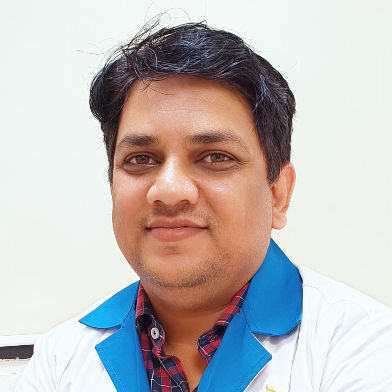
Dr. Shirish Shelke
Ent Specialist
17 Years • MBBS, DLO, DORL, DNB (ENT)
Pune
Apollo Clinic, Viman Nagar, Pune
(25+ Patients)

Dr. Arjun Ramaswamy
Pulmonology Respiratory Medicine Specialist
9 Years • MD (RESPIRATORY MEDICINE), DM (PULMONARY MEDICINE, CRITICAL CARE AND SLEEP MEDICINE)
Mumbai
Apollo Hospitals CBD Belapur, Mumbai
(25+ Patients)
